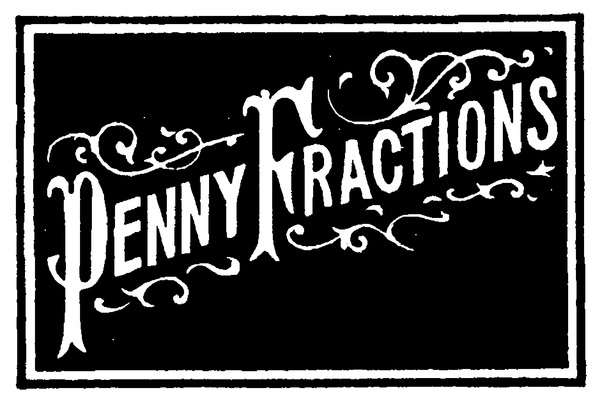Back in the fall of 2016, Music Business Worldwide ran an article titled: “
YouTube, Beware: Facebook is Ready To Do Some Global Music Licensing.” The story was built around Facebook hiring a “Director Of Global Music Licensing” and implied that Facebook may be looking to compete with Google in the video space. Facebook was/is certainly interested in video programming, but that did not mean that Facebook was getting ready to meaningfully challenge the long-dominant video platform. (The Verge used a
similar framing here.) Instead, Facebook held up a massive neon sign alerting record labels and publishers that they were open for business.
A year later, Facebook and Universal Music Group
announced a global licensing deal, the social media company’s first, and
subsequent deals followed. Tamara Hrivnak, formerly of YouTube Music, assumed the public face of these new agreements done. However, much like the deals between streaming platforms and record labels, there wasn’t much clarity around how they would pay artists, for example, when you play their songs on Instagram. In January 2018,
Digital Music News reported on Facebook’s agreement with a music publisher and included a leaked copy of the deal. Independent publishers raised concerns that the deal was set at marketshare rate, which would better serve the National Music Publishers Association’s (major publishers) clients. Further information on these deals can be fairly murky and does not explain how smaller artists, who might not receive white glove promotional treatment, can also win.
In many ways, this parallels the early deals that major labels structured with YouTube back in the mid-2000s. After the collapse of Pressplay / MusicNet, digital music’s next big moment arrived in the form of the Apple iTunes Store. Steve Jobs arrived during a period in which major record labels were divided on how to go forward with digital music. YouTube was different.
The Google-owned platform was full of unlicensed music and needed it for its cultural service (easy access to short videos, often music), so record labels struck a deal with the company. Though certainly not universally loved, it still included record labels received a
stake in YouTube as a result of the deal. This devil’s bargain became the model for
MySpace Music, Spotify, and many firms after them, in which the labels would receive equity and/or a significant slice of a company’s revenue. Unfortunately (or potentially fortunately) these social media firms emerged outside of the record industry. This produced a dynamic in which Facebook and other tech companies aren’t interested in “fighting” with record labels but just want to get content on their platforms.
After Facebook signed up a number of global labels and publishers,
Snapchat and
TikTok suddenly felt more pressure
to pay the record industry’s established rent for catalog access. In August 2020, Warner Music Group became
the first to sign a deal with Snapchat, and a few months later, TikTok signed a
deal with Sony. Though not all major labels have signed deals with the two tech giants, these initial deals often set the groundwork for upcoming agreements. The record industry’s oligopoly makes the initial deal a potential template for what will be negotiated in subsequent deals.

